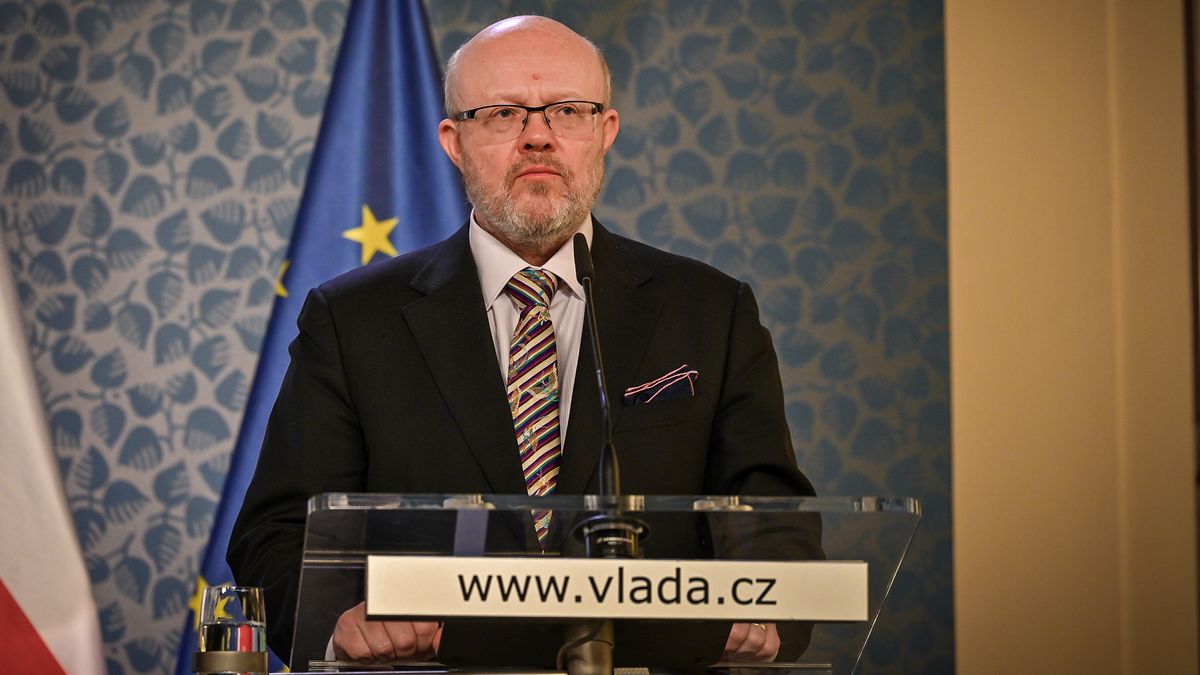The Minister of Health reports success. On his Twitter profile, he even reports in capital letters and with the exclamation mark “SUCCESS!”. Why is he so attached? On Wednesday, lawmakers approved amendments to the law on premiums for public health insurance.
SUCCESS! Parliament approved amendments to the law on health insurance premiums. It also includes setting up automatic payments for state insured persons, increasing insurers’ prevention funds and extending reimbursement for orthodontic treatment. It was one of the government’s promises and now it has been fulfilled.
— Vlastimil Valek (@vlvalek) 20 July 2022
If only the government’s proposal was passed, there would be almost no words of success, let alone capital letters and exclamation points. The content of the original proposal was only to reduce this year’s revenue from the Czech health care system by 14 billion crowns compared to the initial plan last year.
What, not only according to Válk, but also quite objectively, was seen as a real success was the approval of a parliamentary amendment, which introduced an automatic mechanism to increase payments for state insured persons into the financing system of the Czech health care system. This mechanism will enable healthcare professionals, hospitals and insurance companies to plan significantly better future earnings.
But it’s good to realize that on Válka’s part it was a success redeemed by the fact that his department was hit by the most significant revenue declines as part of the government’s efforts to save. So we witnessed a cold political trade between a professor from Brno who played Minister of Health and an engineer from Opava who played Minister of Finance. In the accounts, Stanjura reports a one-time savings on state budget expenditures (which health insurance companies will pay for from another “cup” of public finances), and Válek demands systemic changes to this, which all actors in the health care sector have been calling for for years. . At first glance, it’s not a bad deal at all.
But there is a risk in it. Válek bets that the release of the 14 billion to the health insurance company, which will pay Stanjur’s “savings” out of their account surplus, will somehow steal the Czech health care system and its patients. And that’s not entirely certain. Next year in particular could be very unpleasant.
The automatic mechanism, which projects this year’s large inflation into payments for state-insured persons, determines the amount of state contributions through 2024. However, inflation is already visible in the costs of hospitals and smaller facilities this year and will be felt next year as well. And the state’s contribution will still be very poor. Next year, overall, it will increase by about six billion compared to this year.
Therefore, the rest of this year and next year will decide whether Válk’s political business is successful, or whether his judgment is wrong. If insurance companies start to run out of money, Válek will have to humiliately come to the Ministry of Finance and Stanjur, to whom he previously handed over 14 billion to polish the budget, pleading for an extraordinary valorization of payments to state insured people. . This will make the whole success of the Minister of Health quite bitter.

“Certified bacon geek. Evil social media fanatic. Music practitioner. Communicator.”







